Robert McCrum considers Index’s role in the history of the fight for free speech, from the oppression of the Cold War to censorship online
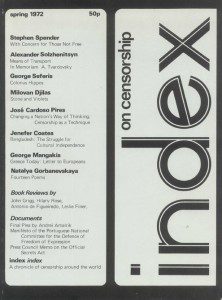

Robert McCrum considers Index’s role in the history of the fight for free speech, from the oppression of the Cold War to censorship online
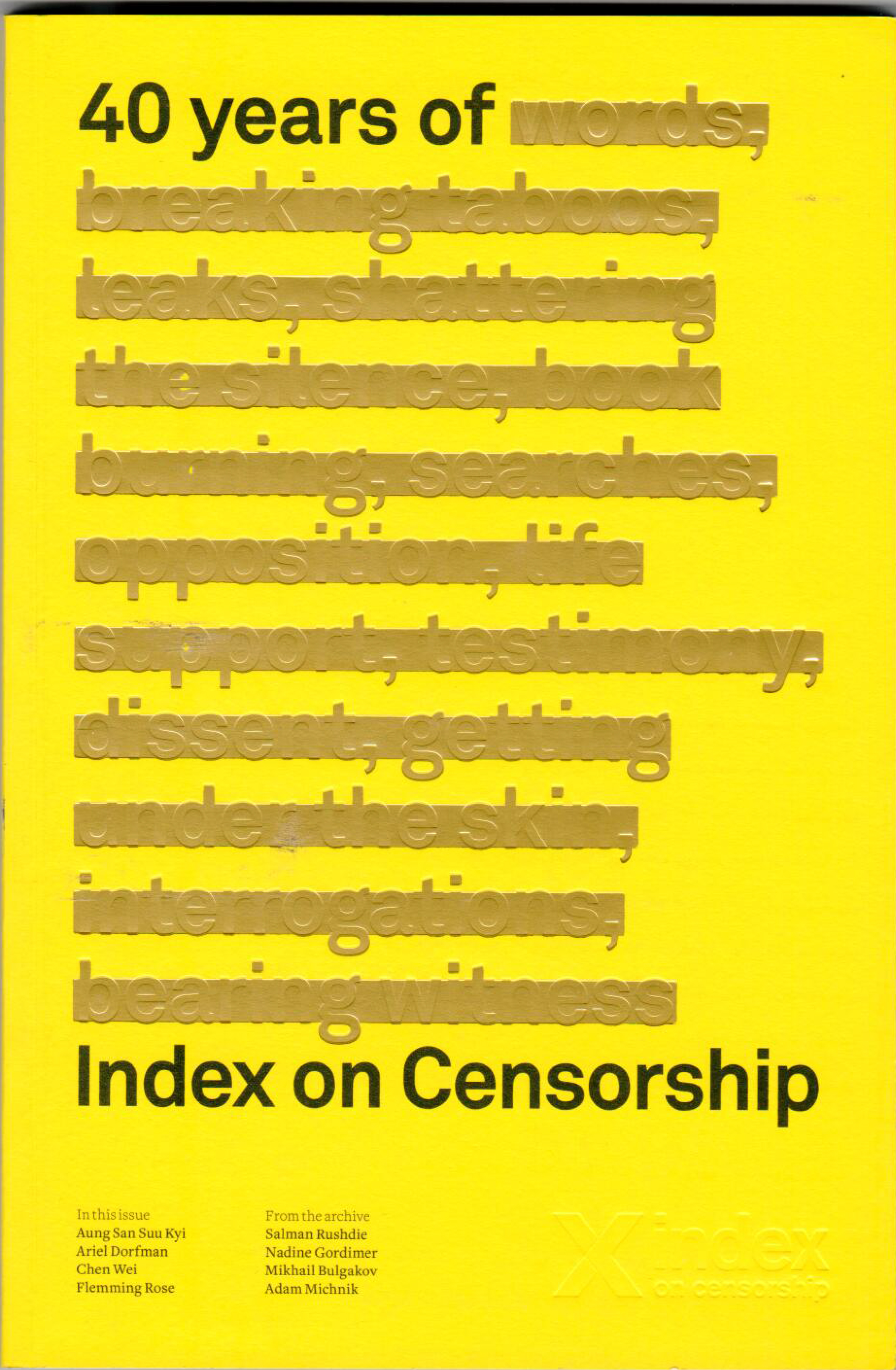
Our special report looks back on Index’s role in the history of the fight for free speech, from the oppression of the Cold War to censorship online.

To celebrate Index’s 40th birthday, our archive is open to the public for 40 days from 26 March. It’s a unique literary heritage, a roll-call of the greatest authors in the 20th century canon standing up for free expression.
In 1994, South African writer, activist and Nobel Prize winner Nadine Gordimer witnessed the end of apartheid in South Africa
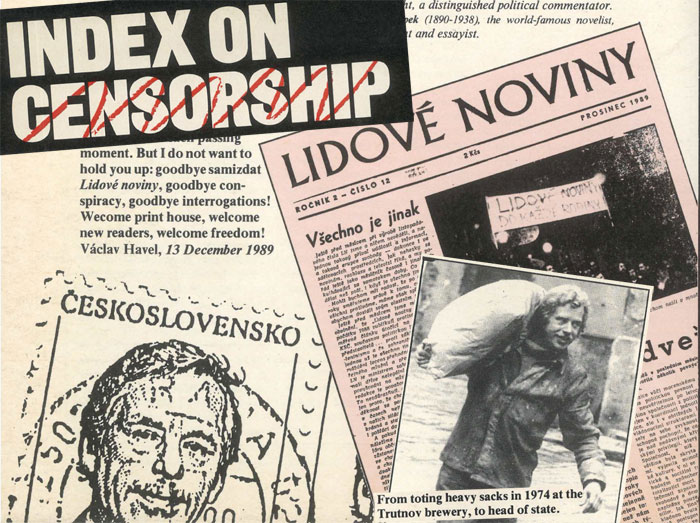
This piece by Vaclav Havel was published in Index on Censorship in 1984 after he was released from prison in March 1983, having served almost four years on charges of "subversive activities against the Socialist state" of Czechoslovakia. The...
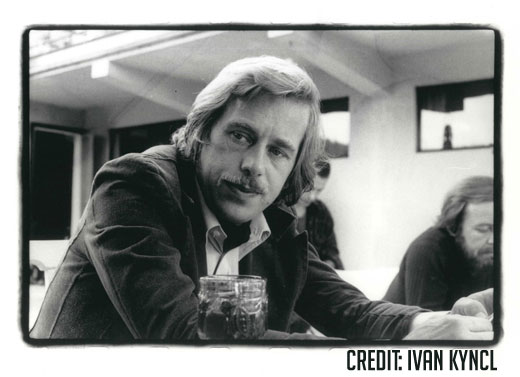
How are ordinary, decent people to react to the imposition of a repressive regime, how much should they risk in showing their opposition to it? These questions were raised by Ludvik Vaculik in a feuilleton he wrote in December 1978, which brought...

In 1979, Vaclav Havel wrote to fellow Czech dissident Ludvik Vaculik, responding to his comments about the role of ordinary people in combatting authoritarianism. Havel was arrested shortly after it was published in Index on Censorship
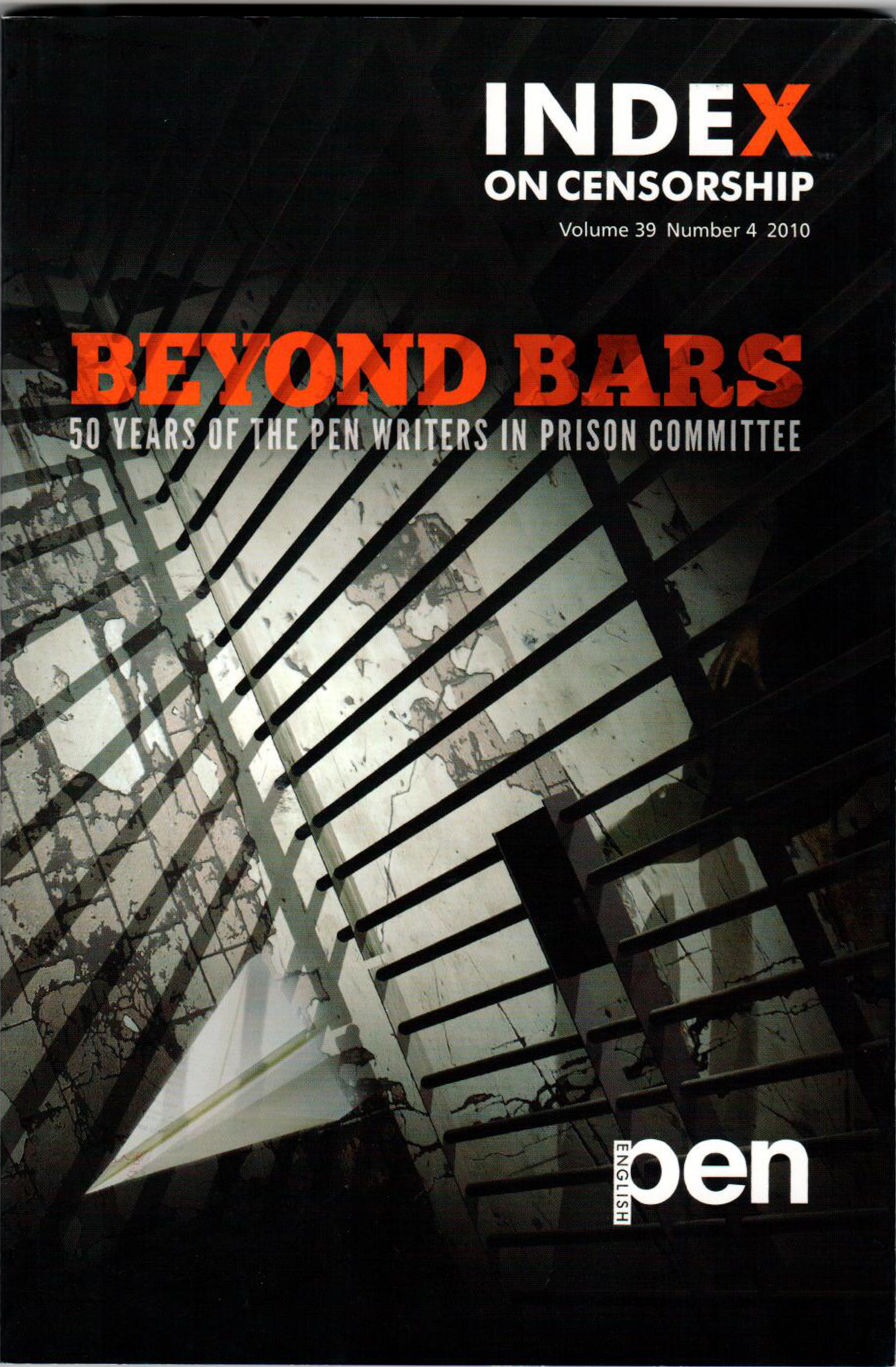
One of the writers championed by Index on Censorship and English PEN to mark 50 years of the Writers in Prison Committee, Uzbek journalist Djamshid Karimov was released from a psychiatric hospital on 30 November. Djamshid Karimov, nephew of Uzbek...
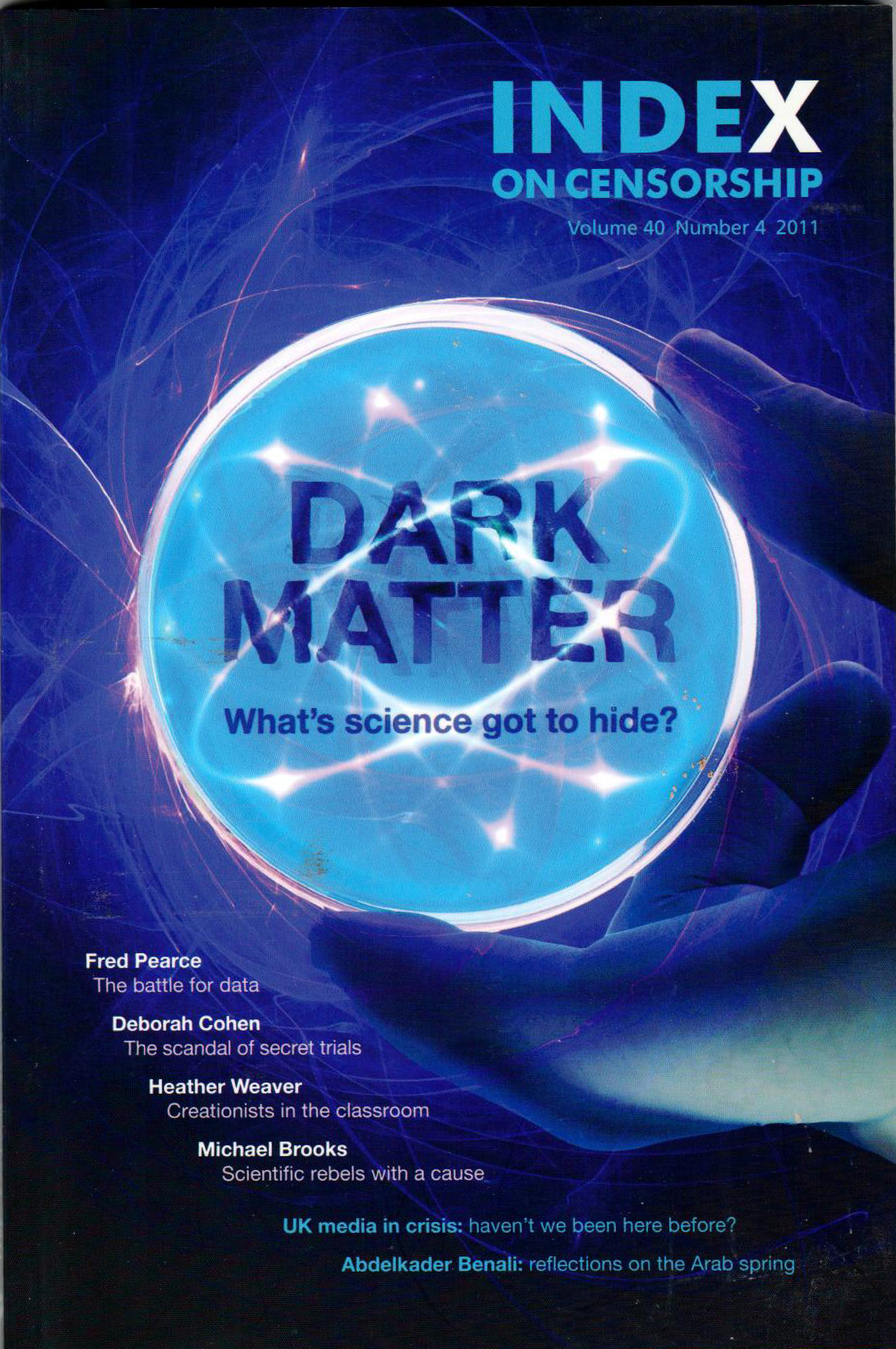
As leading scientists question the use and abuse of freedom of information, Index looks at the data wars and the limits of scientific debate.

Studies to test the safety and efficacy of drugs and medical devices are too often never made public, putting lives at risk. Deborah Cohen reports

A fresh round of climate science emails were hacked and released to the public last week. Fred Pearce enters the debate over secrecy in science to make the argument for open access
A quarterly journal set up in 1972, Index on Censorship magazine has published oppressed writers and refused to be silenced across hundreds of issues.
The brainchild of the poet Stephen Spender, and translator Michael Scammell, the magazine’s very first issue included a never-before-published poem, written while serving a sentence in a labour camp, by the Soviet dissident Aleksandr Solzhenitsyn, who went on to win a Nobel prize later that year.
The magazine continued to be a thorn in the side of Soviet censors, but its scope was far wider. From the beginning, Index declared its mission to stand up for free expression as a fundamental human right for people everywhere – it was particularly vocal in its coverage of the oppressive military regimes of southern Europe and Latin America but was also clear that freedom of expression was not only a problem in faraway dictatorships. The winter 1979 issue, for example, reported on a controversy in the United States in which the Public Broadcasting Service had heavily edited a documentary about racism in Britain and then gone to court attempting to prevent screenings of the original version. Learn more.